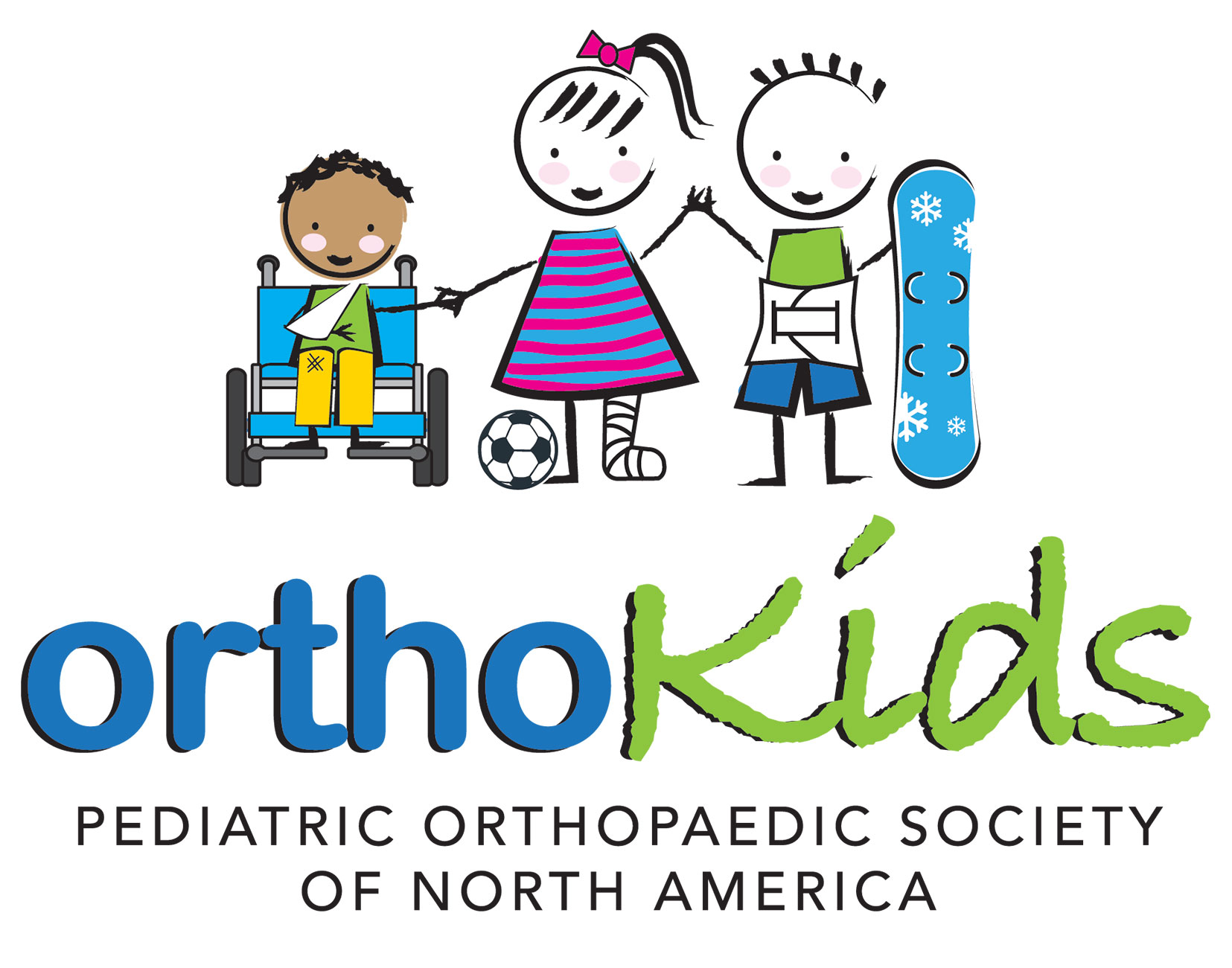Staying Healthy
The Risks of Using Performance-Enhancing Drugs in Sports
Playing sports is a great way for young people to be physically active, make friends, and have fun. Sports can also help build important life skills like discipline and perseverance.
For some young athletes, however, the pressure to make a team or gain a competitive advantage can lead to the use of banned substances, such as anabolic-androgenic steroids. Although these performance-enhancing drugs are most commonly used by male athletes who play football, baseball, and lacrosse, males who participate in other sports and female athletes sometimes use them, too.
Using steroids to improve athletic performance is considered cheating and can lead to athletes being penalized or banned from participating in sports. More important, using performance-enhancing steroids can have serious, long-term health consequences.
What are performance-enhancing steroids?
"Anabolic-androgenic steroids" is the medical term for the drugs that some athletes use illegally in an attempt to gain an unfair advantage over their opponents. Examples include:
- Testosterone
- Methyltestosterone
- Androstenedione
- Danazol
Using performance-enhancing steroids like testosterone is sometimes called "doping" or "juicing."
How do steroids work?
Both males and females normally have testosterone circulating in their bodies, although the amount in males is much higher. Testosterone works to promote the appearance of male secondary sexual characteristics, such as a deepening voice and the growth of body and facial hair. It also has effects on muscles and bones.
Performance-enhancing steroids usually work by mimicking natural testosterone. Reported effects of steroid use include an increase in muscle size, strength, and fat-free body mass, all of which are thought to improve athletic performance.
How are steroids harmful?
Performance-enhancing steroids are drugs that have both physical and mental side effects. Athletes who use them can become sick or seriously injured.
Physical Side Effects
Common physical side effects of steroid use include:
- Acne or pimples
- Scars or stretch marks
- Premature hair loss in males
- Deepened voice in females
- Excessive growth of body and facial hair in females
Additionally, athletes who use a needle to inject steroids may have pain at the injection site and risk developing an infection.
Steroid use can also affect sexual development and performance by causing:
- Irregular periods
- Breast enlargement in both males and females
- Shrinking of the testicles
- Erectile dysfunction and infertility
Mental Side Effects
Steroid users may become overly aggressive or combative, a condition commonly referred to as "'roid rage." Uncontrolled aggression causes some steroid users to become confrontational with friends and family; sometimes, they end up in trouble with the law.
Depression has also been linked to steroid use, and athletes who use performance-enhancing steroids are more likely to attempt suicide than athletes who do not use them.
Heath Risks
While some side effects of steroids may be just a nuisance, others may be life-threatening. For example, using steroids has been associated with:
- Liver problems
- Heart problems
- Stroke
- Blood clots
- Cancer
Parents and coaches should help young athletes understand that they can excel in sports without using steroids. Alternatives for meeting fitness and performance goals include eating a proper diet, getting enough sleep, and having good overall mental and physical health.
Peer-Reviewed by
AAOS does not endorse any treatments, procedures, products, or physicians referenced herein. This information is provided as an educational service and is not intended to serve as medical advice. Anyone seeking specific orthopaedic advice or assistance should consult his or her orthopaedic surgeon, or locate one in your area through the AAOS Find an Orthopaedist program on this website.







